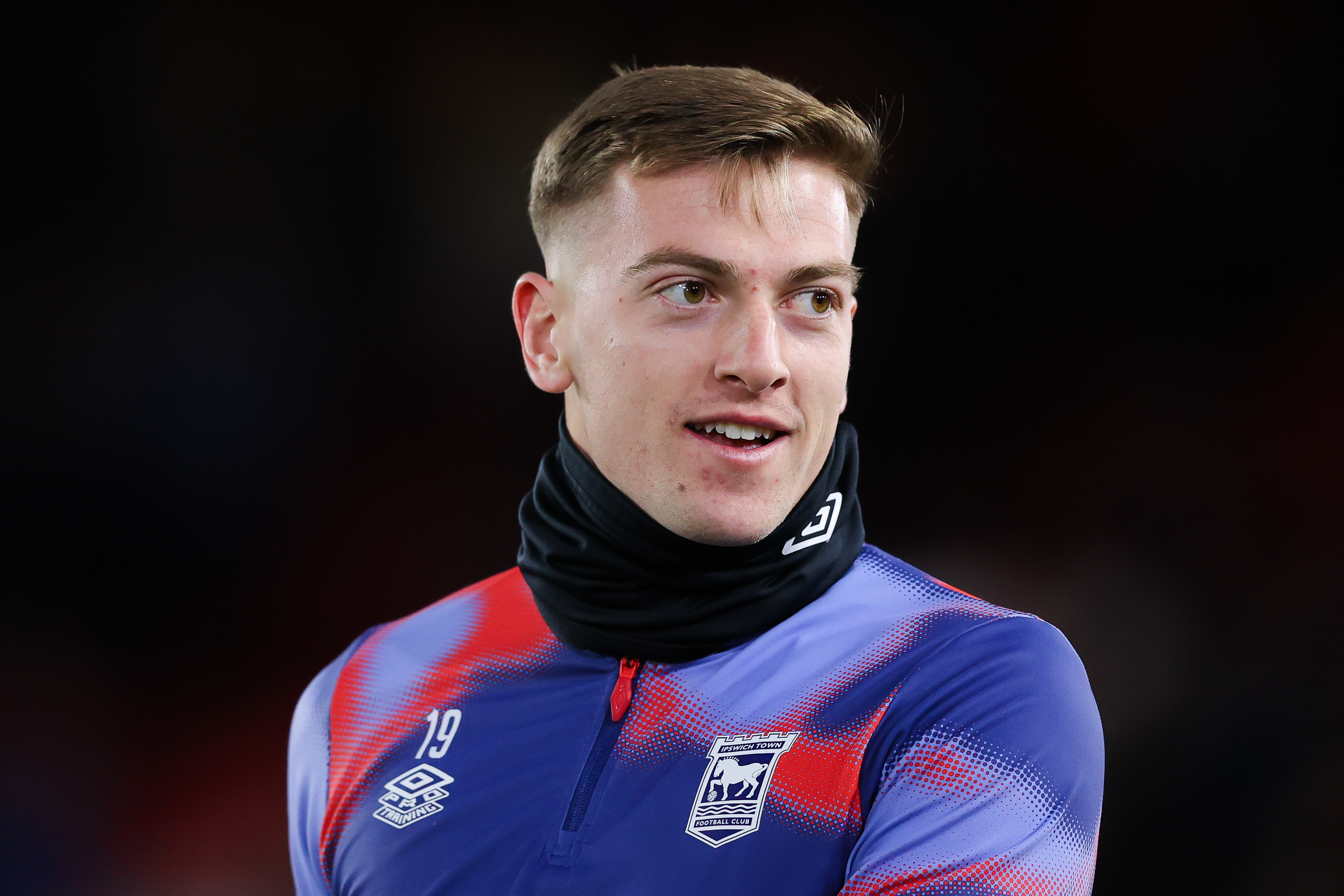Feyenoord finally thriving thanks to their award-winning academy
Financial difficulties atFeyenoord may have necessitated a focus on youth development, but the Rotterdam club are thriving as a result, as Scott Johnson explainsâ¦
The last few years have hardly been a period of great joy or success for Feyenoord. In the history of the Eredivisie, they have only twice stooped lower than the 10th place finish of 2010, while their 14-year wait for the domestic title is their longest since the league was formed in 1956.
But there are finally signs of improvement. Last season's second-place finish was enough to earn them a Champions League spot for the first time in a decade, and although the De Kuip side were beaten by Dynamo Kiev in the third qualifying round, they have maintained their forward momentum.
Currently third in Eredivisie, Feyenoord trail leaders Ajax by a single point after the weekend's 2-1 victory over Utrecht. They are determined to maintain a title challenge and go one better than last term's league showing. They boast a squad packed with young Dutch prospects, many of whom are regularly selected for the senior or under-21 national sides. And now a string of exciting performances are helping them steal the plaudits from their esteemed rivals.
Feyenoord celebrate victory over Utrecht last weekend
A recent 3-1 victory against AZ Alkmaar was notable for the contribution of two of their impressive teenagers, Jean Paul Boetius and Tonny Vilhena - both still just 18. Boetius opened the scoring with a curled effort from the edge of the penalty area, while Vilhena secured the win in injury time, calmly finishing a counter attack. The performance was soon bettered by the defeat of leaders PSV in Rotterdam, a game in which Feyenoord came from behind to earn a 2-1 win.
This talented collective were hot-housed at Varkenoord, the academy shared by Feyenoord and Excelsior, where reserve and youth sides have been merged. Awarded the Rinus Michels Award for HollandâÂÂs best academy in each of the last three seasons, they are inundated with consultancy offers from clubs keen to adopt a similar philosophy. Unfortunately, in recent seasons, the club has been losing players as fast as they can produce them.
Get FourFourTwo Newsletter
The best features, fun and footballing quizzes, straight to your inbox every week.
Legislation stipulating that sides competing in UEFA competitions must include a minimum of eight home-grown players in their squad has had a detrimental effect on FeyenoordâÂÂs ability to hold on to their best youngsters. The ruling states that only half need to be produced locally, while the rest must merely have spent at least three years with the club between the ages of 15-21. As a result, highly-regarded prospects are being harvested early in their development by elite clubs, who can offer far greater financial incentives and status.
Bruma, Ebecilio and Rekik were all snapped up by English clubs
Centre back Jeffrey Bruma moved to Chelsea in 2007 before Feyenoord could offer the 15-year-old a professional contract. He has found opportunities at Stamford Bridge scarce and is currently on loan at Hamburg. The following year, winger Rajiv van La Parra departed the under-17 side for Caen, while defensive midfielder Kyle Ebecilio joined Arsenal in 2010. In the summer of 2011, Chelsea returned for 15-year-old Nathan Ake, while Manchester City acquired 16-year-old centre back Karim Rekik.
Leroy Fer, Jonathan de Guzman, Georginio Wijnaldum and Luc Castaignos all departed the senior side in recent seasons, and Feyenoord currently boast a trio of 21-year-olds who are already attracting the attention of potential suitors.
Jordy Clasie was initially regarded as too small and weak to succeed at the highest level, but has since been heralded as âÂÂthe Dutch XaviâÂÂ. Having developed during the 2010/11 campaign on loan at Excelsior, Clasie is indispensable in the heart of the Feyenoord midfield. His vision and creativity are complimented by his endeavour and ability to win and retain possession. He made Bert van MarwijkâÂÂs stand-by list for Euro 2012 and having since made his Oranje debut, his international prospects look bright.
Clasie's ability to levitate has come in handy over the course of the season
Bruno Martins Indi is seen as the poster boy of the talented, hard-working Feyenoord side. Not initially regarded as one to watch, he has developed his strengths to become a key performer for club and country. Quick, good in the air, mentally strong and adaptable, the left-footed defender has been utilised at both centre back and left back. He is regarded as HollandâÂÂs most talented defender since Jaap Stam and has a long-term contract with the Rotterdam side. But interest from outside is intensifying.
Martins IndiâÂÂs partner at the heart of the Feyenoord defence is Stefan de Vrij, who broke in to the senior side at 17 and was named captain by the time he was 20, when Ron Vlaar departed for Aston Villa. Chelsea were linked with a ã5 million January bid that failed to materialise, while Liverpool manager Brendan Rodgers recently scouted him in person. Thus far, de Vrij has rejected two contract offers, perpetuating an escalating problem for Feyenoord, as a succession of players allow their contracts to run down to force through moves.
Manager Ronald Koeman is rebuilding his reputation in Rotterdam, after disappointing stints at Valencia and AZ. The first man to play for and manage each of the Netherlandsâ âÂÂbig threeâ of Ajax, PSV and Feyenoord, his continued success depends on retaining as many of his star performers as possible, while also maintaining the rich supply line from the academy.
Feyenoord are on a more steady financial footing than in recent years, but to keep it that way they will occasionally have to make a big sale. If the club can attain continued success on the pitch, coupled with added financial security, their best players may be more reluctant to leave in future.
